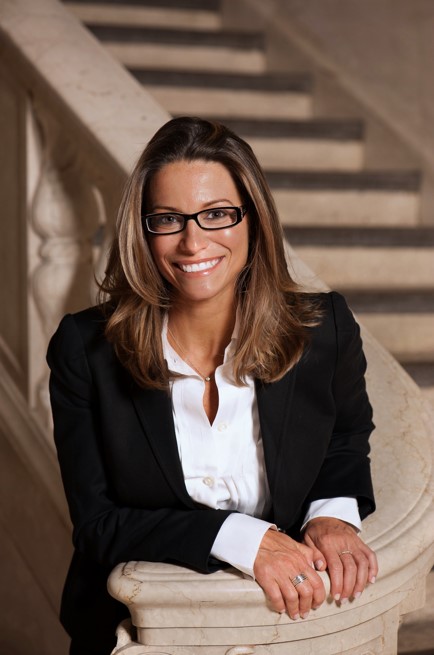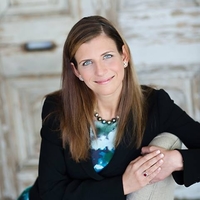Queer Citizenship and Vulnerability: Beyond the Carnal, Against Criminalization and Towards Living--Well.
Gender, Sexuality and Queer Theory Symposium
University of California, Merced
March 18, 2017
Conference Program
Turning from inquires on death and contagion last year, that considered the “bleak territory of failure” of which the queer is sometimes forced to inhabit and write from (Halberstram, The Queer Art of Failure), the now is the time to look to the possibilities of inscribing citizenship beyond the carnal, against structures of criminality and ultimately towards an ontology of living--well. When considering the flesh as site from which the legibility of citizenship is traced, the body, “by definition, yields to social crafting and force, the body is vulnerable. It is not, however, a mere surface upon which social meanings are inscribed, but that which suffers, enjoys and responds to the exteriority of the world, an exteriority that defines its disposition, its passivity and activity" (Butler, Frames of War 34) Citizenship, of the queer subject, is always then beyond the flesh, just out of reach of the carnality imposed by the gaze. When vulnerability is the of exposure to injury experienced by all subjects where can the illusive queer of subjectivity be found, linguistically, embodied and alive constantly invoking a possibility, albeit utopic, of participation in the social, in the structural futurity of being bound within and unto the social.
Further, the vulnerability of becoming queer of citizenship posits that visibility and invisibility are intimately entwined with our actualization of living well. Butler writes, “as bodies, we are exposed to others, and while this may be the condition of our desire it also raises the possibility of subjugation and cruelty.” How does the criminalization and canalization of the queer subject as body, more than being, result in a violence that must be navigated under the precarious scrutiny of the social? How does queer look beyond the North American embodiments and consider a global investment in citizenship(s)? For Juana Maria Rodriguez in Queer Latinidad, “Identity, therefore, is not merely a response to culturally defined differences, but is continually engaged in unpacking the stream of “paradoxes and contradictions” that inform the subject’s relationship to other subjects and the discourses that surround them” (6). Understanding that queerness, is not necessarily stable, fixed or readable, that queer “survival could be bound up in such a way is a constant risk of sociality—its promise and its threat… But it is also the possibility of being relieved of suffering, of knowing justice and even love" (Butler, Frames of War 61). How can queer practices of living be towards life against the death and destruction it is encouraged to bear the burden of? With subjectivity that becomes a defiant object of interpretation, queer migrations and global participations in citizenship and refugee statuses evoke a destabilization. These subjectivities are queerly at times illegible and resulting citizenship(s) precarious as queer identity exceeds, transmutes, or coalesces what we think we know about ourselves or those around us (Rodriguez, Queer Latinidad). Here the politics of normative citizenship become compounded by the queer citizenships claimed, or paradoxically not claimed. Nonetheless, as a perceived queer subject one is no less vulnerable to the exposure of criminality and violations of the flesh. Utopically, finally, we as desiring queer citizens seek to embrace all our excesses and discover hidden in our and their archives a mythos and template of a caution that we must live and love well—even in the face of vulnerability and exposure.
Keynote Speakers:
Dr. Eden Wales Freedman
Dr. Eden Wales Freedman is an Assistant Professor of English and Diversity Studies at Mount Mercy University and an Affiliate Assistant Professor of Women’s Studies at the University of New Hampshire. Her scholarship places theories of traumatic reception in conversation with multicultural American literature to consider intersections of race, gender, sexuality, trauma, and oppression and how speakers and readers can cross diverse constructs and experiences to witness trauma together. Dr. Wales Freedman has published articles on reading race, gender, sexuality and trauma in the novels of William Faulkner, Zora Neale Hurston and Toni Morrison; the poetry of Gwendolyn Brooks; and the memoir of Eve Kosofsky Sedgwick. Her book project, Reading Testimony, Witnessing Trauma, explores how readers can engage literary representations of race, gender, sexuality, and trauma both critically and empathically. In addition to her work at MMU, Dr. Wales Freedman has taught American Literature and Gender and Sexuality Studies at Adams State University and the University of New Hampshire. She has led seminars in bystander awareness and accountability to combat sexual assault and harassment on college and university campuses. She is a Title IX Investigator and Adjudicator and served as the President of Women in Higher Education at Adams State. She is the Director of Diversity Studies at Mt. Mercy University.
Dr. Stephanie Arel

Stephanie Arel, PhD is currently a Post-Doctoral Fellow at Institute for the Bio-Cultural Study of Religion (IBCSR) at Boston University where she works on the Sex Differences in Religion Project which recently hosted an international conference entitled “Sex on the Margins: Navigating Religious, Social, and Natural Scientific Models of Sex Differences.” Her teaching and research interests focus on the intersection of theology, psychoanalysis, and feminist and continental philosophy. She has taught at Wheaton College and the University of Roehampton, London. She is the author of Affect Theory, Shame and Christian Formation (Palgrave Macmillan 2016) and co-editor of Post-Traumatic Public Theology (Palgrave Macmillan 2016). Her research aims to uncover religious underpinnings in modern systems illustrating how religious rhetoric and practice shape individual bodies, cultural norms, and political structures.


